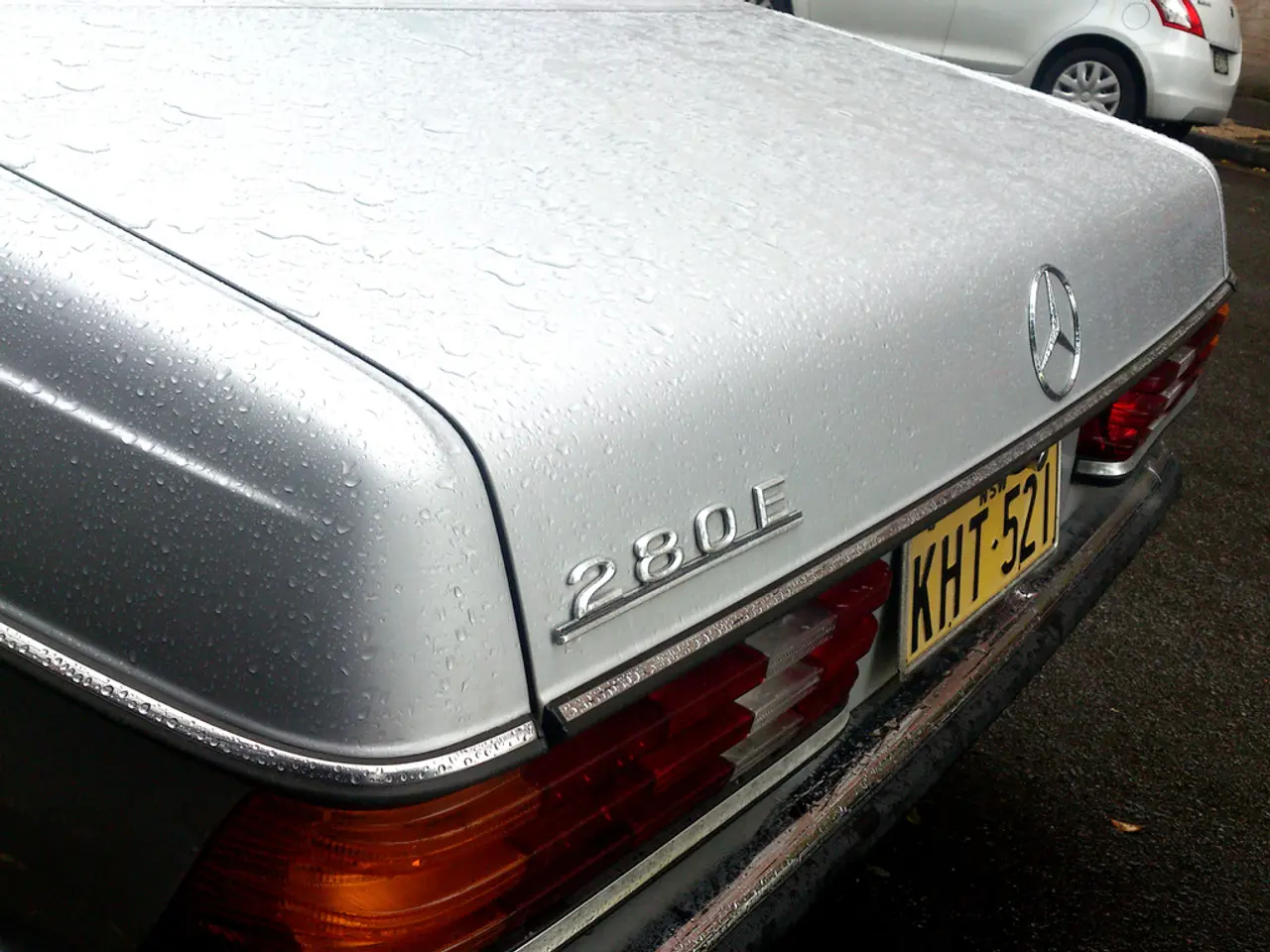Auto Manufacturer Chery Introduces Third Fossil Fuel/Hybrid Vehicle Brand in Europe
Jetour, a Chinese automaker, has announced its plans to enter the European market by the third quarter of 2025 and aims to launch an electric vehicle in Europe by late 2026. However, as of August 2025, there is no confirmed production site announced in Europe.
The company's production expansion is currently focused on Egypt and Kazakhstan. In Egypt, a new 86,000-square-meter plant is expected to complete in 2025, assembling and producing Jetour T1 and T2 models for local supply and export. In Kazakhstan, Jetour has established localized KD (knock-down) assembly facilities and opened flagship stores, investing in local operations and product localization.
Jetour's international sales outside of China are expected to constitute approximately 50% of its total sales within the next three to five years. The company's President, Ke Chuandeng, stated at the Shanghai Auto Show that Jetour sold about 560,000 cars globally last year.
In contrast, another Chinese automaker, BYD, is building a new energy vehicle (NEV) production site in Szeged, Hungary — its first in Europe. However, this site is currently delayed until 2026.
Jetour's current European-related moves focus on market entry and sales/network development. The company plans to launch the Jetour T1 crossover in Russia by September 2025. Chery, Jetour's parent company, is bringing its third brand to Europe later this year. Unlike the neighboring European Union economic bloc, the U.K. does not impose tariffs on battery-electric-vehicle products from Chery.
Ke Chuandeng has hinted at the potential for Jetour to set up production sites in Europe, but no specific information about these sites has been announced. The European Union imposes tariffs on internal-combustion-engine and hybrid models imported from Chery.
Jetour manufactures a series of urban and off-road SUVs, priced between $10,000 and over $50,000, as well as a pickup truck model. The European market will see the Jetour SUV available as internal-combustion-engine and plug-in hybrid models. Jetour is set to launch its first full-electric model, the T0, by the end of 2026.
Ke predicts that the international market will surpass or equal the domestic market in sales for Jetour. This move to Europe is part of a trend among Chinese auto brands, including BYD, Xpeng, and Nio, seeking less competitive markets for their products. Ke predicts Jetour's sales should hit 800,000 this year.
Chery's Omoda and Jaecoo brands are already finding traction among U.K. consumers due to tariff-free trade for their battery-electric-vehicle products. As Jetour prepares to enter the European market, it joins its Chinese counterparts in seeking to capitalize on this opportunity.
- Jetour, with plans to expand internationally, is focusing on market entry and sales network development in Europe, as seen by their planned launch of the Jetour T1 crossover in Russia by September 2025 and their European Union's tariff-free market approach for their battery-electric-vehicle products.
- Despite hints from Ke Chuandeng about potential European production sites for Jetour, as of now, the company's production expansion is predominantly focused on Egypt and Kazakhstan, with no confirmed European production sites announced.





